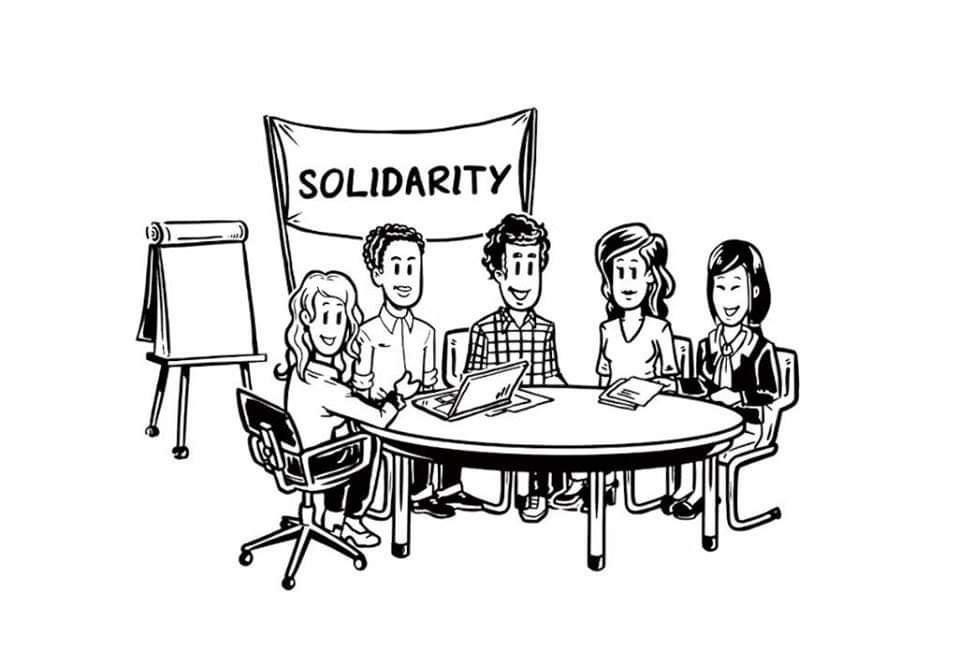
CUPE 3906 General Membership Meeting (GMM) Materials
Our equity statement and land acknowledgement statement are here.
Minutes of our last GMM (December 2025) are below.
The Agenda for today’s (January 2026) GMM is available here: GMM Agenda Jan 2026
Executive Committee Member Reports received this month (as of DATE) are:
- President’s Report
- Outgoing President (Dams) Annual Report
- Vice President Report
- Equity Officer/Equity Action Committee Report
- Lead Steward Unit 1 (VACANT)
- Lead Steward Unit 2 Report
- Lead Steward Unit 3 Report
- Lead Steward Unit 4 Report
- Secretary-Treasurer Report – will be shared on-screen in meeting
The Local’s Policy on Delegates to Conventions and Schools is available here.
Minutes from Previous GMMs
October 21, 2025 (approved with revisions at Nov 19 meeting)
Previous Reports from Delegates to conventions, conferences, etc., are available here and here.
Process and Tips for an Efficient Meeting
Glossary of Parliamentary Procedure Handbook – click here. This booklet provides some definitions and examples of commonly used GMM terms, such as ‘point of order’ and ‘adjournment.’
You can find a CUPE 3906 Rules of Order booklet here, which helps to explain – in simple and practical terms – some of the more complex aspects of meetings.
Additional Reminders
Joint Health and Safety Committee
Ideas for health and safety improvements in your workplace? Interested in joining your Joint Health and Safety Committee (JHSC)? Take a look on our webpage and contact healthandsafety@cupe3906.org.
So you want to get something done at a GMM (ie/ pass a motion)?
If there is something you want to happen at a GMM, in most cases you’ll need to introduce a motion to get that thing done.
Motions are used to direct action and generally take the form of “I move that…” or “Be it resolved that….” Any member may move a motion at a meeting, as long as it directly relates to the agenda item under discussion. Motions must be seconded by another member prior to discussion commencing. Motions must pass by majority vote (50%+1), with some exceptions (see chart below).
Any member may move a substantive or procedural motion as long as it is ‘in order’ (ie/ doesn’t violate the by-laws or the rules of order). A substantive motion, or one containing a number of considerations, should ideally be prepared in writing and given to the chair, preferably in advance of the meeting.
Some motions are made more frequently than others. While every ‘actionable item’ requires a motion (and a seconder), these are some commonly made motions that can serve as a guideline.
Donation – I move that we donate $ (Insert amount) to (name of organization) in support of (the cause ie/ their on-going strike, their annual fundraiser etc.)
More information can be found in the CUPE 3906 Rules of Order booklet.
